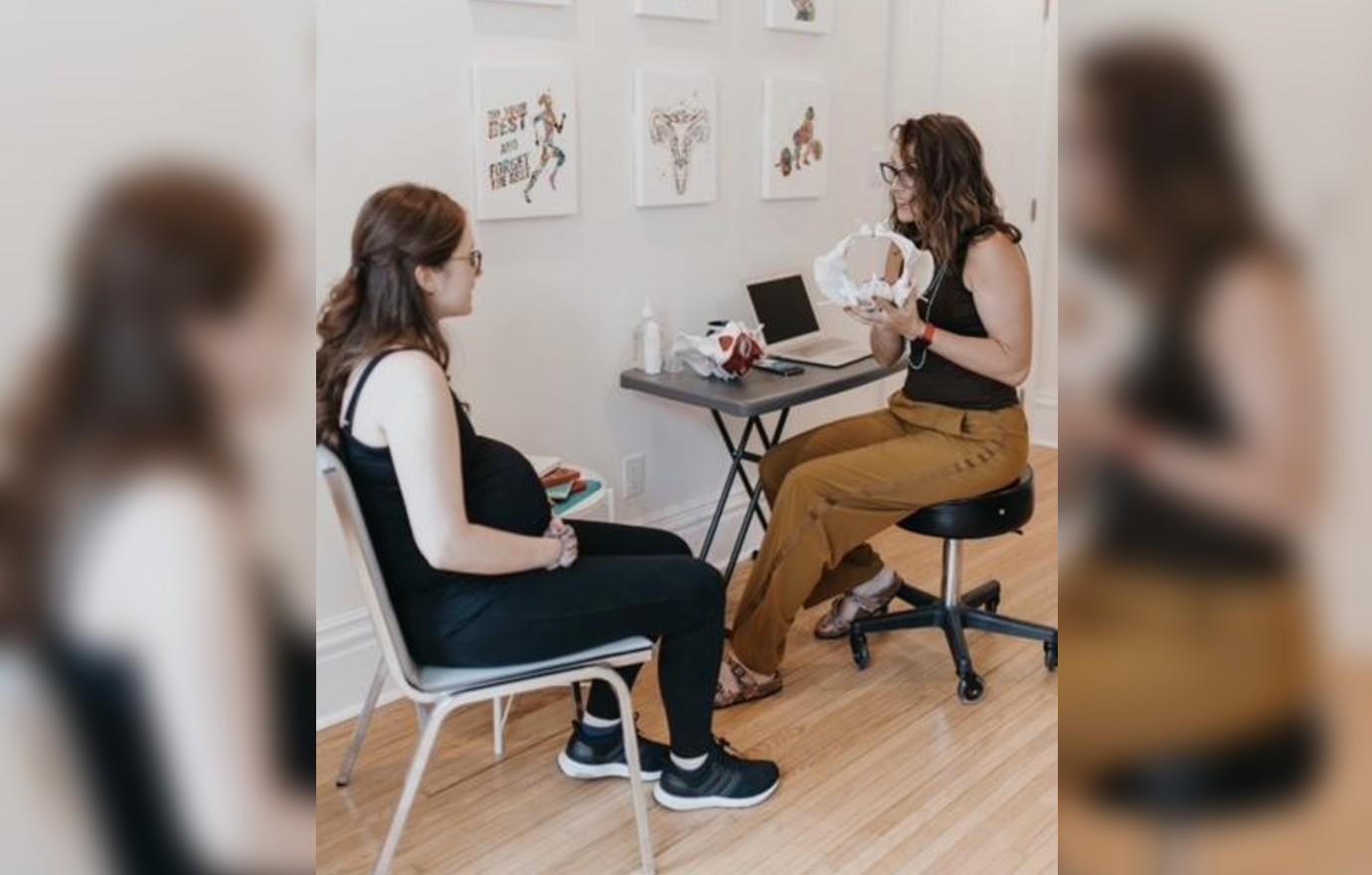 NEWS
NEWSMy Pelvic Physio and Magdalena Hul Advocate for Women’s Absolute Health Before, During, and After Childbirth

Magdalena Hul, Founder of My Pelvic Physio
Dec. 16 2024, Published 1:31 a.m. ET
My Pelvic Physio, founded by physiotherapist Magdalena Hul, MSc., is an Ontario-based pelvic physiotherapy studio focused on preventative prenatal and postpartum care and other causes of pelvic pain and dysfunction. With a mission to raise awareness, Magdalena Hul trains clients to advocate for themselves, recover their bodies, and celebrate themselves in and out of the hospital.
Previously working as a general physiotherapist in another clinic, she suggested a switch to a more even split between pelvic floor patients and regular injuries. She was told there simply weren’t enough pelvic floor patients to treat. So, Magdalena pivoted her focus to My Pelvic Physio, knowing that the problem was not a lack of demand for pelvic physiotherapists. Her conviction towards filling the gap in women’s health is a result of Magdalena’s own experience during her two pregnancies.
However prepared she believed herself to be as a pelvic physiotherapist, the complications during the birth of her children stirred her wide awake. She suffered from severe preeclampsia, two urgent cesareans, and the prolapse, urinary leakage, and painful intercourse that followed, all the while consistently denied treatment and care by her doctors— she even had to pull out her C-section stitches after doctors ignored her testimony that her scar was not healing.
Magdalena then knew she had to support others through the physical, mental, and medical transitions of pregnancy, childbirth, and postpartum. Today, her practice is filled with patients seeking prenatal and postpartum physiotherapy, along with her support as one of the few Physio Doulas in Ontario.
First, she emphasizes the need for women to learn about their bodies and advocate for themselves. In her experience, women are often dismissed, told that their pain and discomfort are normal, and systemically lack pelvic health education. She advocates for preventative pelvic physiotherapy to strengthen the pelvic floor for pregnancy and after. Referring to pelvic organ prolapse, endometriosis, incontinence, pain, and more, Magdalena states, “We deserve better. Though it’s common, it’s not something we just have to live with.”

Magdalena’s heard many stories of women not being allowed to take their newborn child to the clinic for postnatal checkups, dismissals of painful sex, and plummeting postnatal care after the 6-8 week mark. “This is not what motherhood has to look like. We don’t need to constantly put ourselves last. Our health matters. By prioritizing ourselves, we can better care for those who matter.”
Pelvic floor conditions aren’t only prevalent for pregnant people. Conditions like incontinence and constipation in aging people can be effectively treated with pelvic physiotherapy, as can conditions like vaginal dryness after childbirth.
Want OK! each day? Sign up here!
Living with pelvic floor conditions can deeply affect postpartum recovery and mental health in ways rarely tackled by the medical system. Referring to conditions like vaginal dryness and painful intercourse, she states, “It is life-changing to feel like yourself, to be intimate with your partner, and not have to plan out where the nearest restroom is,” Magdalena explains. “Seeking care is nothing to be ashamed of.” Magdalena is living proof of the plethora of options outside of surgery available to patients, playing with her children in full health today after receiving care from doctors, counselors, and physiotherapy.
“Although preventive care is ideal, it can get better even years after giving birth. My advice, always, would be to take care of it now rather than later.” Magdalena believes that it’s as important to educate patients on the pelvic floor and all its complications that come through pregnancy, aging, trauma, and more.
For example, one patient who had undergone cervical ablation was advised by her doctor that there may be too much cervical scar tissue for a vaginal birth. My Pelvic Physio enabled the patient to have a vaginal birth with no complications. Magdalena also taught the patient’s partner to be her doula and advocate on her behalf. “Her partner told me they didn’t feel useless and they were able to make her feel more comfortable during the birth, which is amazing.”
Magdalena practices regular postnatal pelvic physiotherapy for patients to fully recuperate after the trauma of childbirth. “Your uterus increases up to 1000% of its original size during childbirth, your entire body drastically changes. The guidelines report 3-month recovery timelines, much longer than 6 weeks, and that’s just for a vaginal birth.”
My Pelvic Physio empowers its community to know more about their bodies and different treatment options to live pain-free. Magdalena concludes, “We have the power to advocate for and be proactive in our own health. We don’t need to wait for someone else to seek help. Lasting pain and discomfort is not normal, we deserve better.”
For an online or in-person consultation at My Pelvic Physio, book here.


